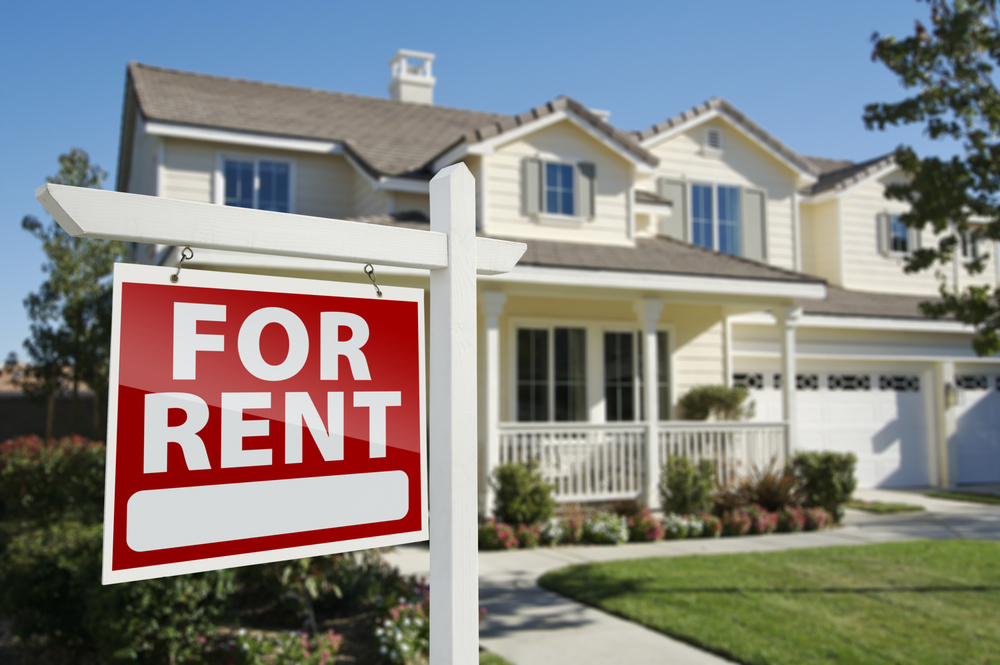One unexpected event can change everything, but having insurance can offset any losses and the costs associated with them. While landlords and renters both need property insurance, there are some key differences. Before taking out a policy (or deciding against one), it’s important to understand how both coverages work.
1. Coverage differences
Coverage for the landlord covers the dwelling itself, including its structure and everything attached to it. Insurance for a rental property is similary to a homeowner’s policy in that regard. Covered events generally include fire, smoke, water, theft, vandalism, and certain weather damages (other damages will need special coverage). The key difference is that it doesn’t cover tenants’ belongings.
For instance, if a fire were to occur, a landlord’s property/possessions would be protected, but not their tenants’ possessions. Tenants need to take out a renters’ policy so any loss or damage to their own belongings would be covered.
Each policy also has its own “loss of use” protection. For the landlord, if the home burns down- this coverage will pay the rent that you can’t collect from your tenant because the home is unlivable. For the tenant, your loss of use coverage will give you the money to rent somewhere else while the home is being repaired.
2. Liability differences
Both landlords and renter’s policies should include liability, but for different reasons. A landlord policy protects them from liability if certain events occur on their property; for instance, a slip on an icy walkway that results in injury. Liability insurance can cover the cost of damages that arise from that injury- such as legal costs, medical bills, pain and suffering, lost wages, and death benefits, just to name a few.
Renters liability insurance is similar, but works a little differently. It covers the renter in the event damage or injury occurs on the property that is not due to negligence on the landlord’s part. Some of the most common causes might include accidental and unintentional damage to the apartment (e.g. a kitchen fire or a broken window). Intentional vandalism by a renter is illegal…and they will likely be obligated to pay for it, but it isn’t covered by insurance.
3. Price differences
Property insurance for landlords typically costs more than renters insurance since the home is usually worth more than the stuff in it, and insurance is often required by mortgage lenders. The amount depends upon the state, location, liability risk, and the home’s replacement cost. Nationally, the average homeowners’ insurance costs $1,015 per year. Renters’ insurance is much cheaper. On average, it costs $179 per year. In North Carolina, the averages are well below both of those figures.
Unlike car insurance, neither home or renters’ insurance is required by law, but that doesn’t mean you shouldn’t have it. Whether you are the landlord or the renter, it’s a good idea to protect your assets and your personal liability exposures. Let one of our agents help craft the right policy for you today!








